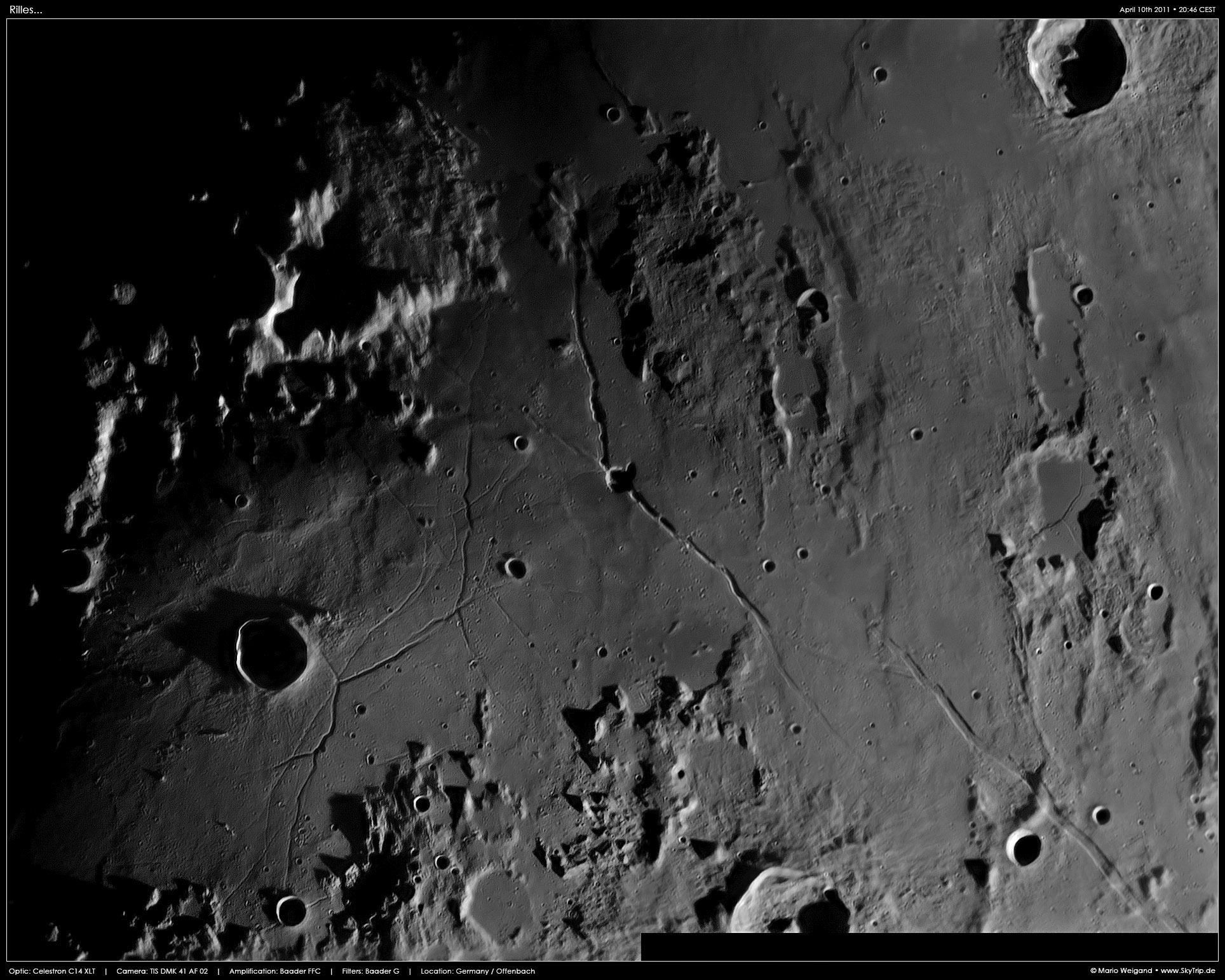Difference between revisions of "April 14, 2011"
| Line 1: | Line 1: | ||
__NOTOC__ | __NOTOC__ | ||
=Welcome Back, Mario= | =Welcome Back, Mario= | ||
| − | |||
<!-- ws:start:WikiTextHeadingRule:0:<h1> --> | <!-- ws:start:WikiTextHeadingRule:0:<h1> --> | ||
<!-- ws:start:WikiTextLocalImageRule:6:<img src="/file/view/LPOD-Apr14-11.jpg/220081102/LPOD-Apr14-11.jpg" alt="" title="" /> -->[[File:LPOD-Apr14-11.jpg|LPOD-Apr14-11.jpg]]<!-- ws:end:WikiTextLocalImageRule:6 --><br /> | <!-- ws:start:WikiTextLocalImageRule:6:<img src="/file/view/LPOD-Apr14-11.jpg/220081102/LPOD-Apr14-11.jpg" alt="" title="" /> -->[[File:LPOD-Apr14-11.jpg|LPOD-Apr14-11.jpg]]<!-- ws:end:WikiTextLocalImageRule:6 --><br /> | ||
| − | <em>image by [mailto:marioweigand@gmx.de Mario Weigand], Offenbach am Main / Germany</em><br /> | + | <em>image by [mailto:marioweigand@gmx.de" rel="nofollow Mario Weigand], Offenbach am Main / Germany</em><br /> |
<br /> | <br /> | ||
Mario Weigand has a magical telescope that captures images with excellent tones and high resolution. <br /> | Mario Weigand has a magical telescope that captures images with excellent tones and high resolution. <br /> | ||
| Line 19: | Line 18: | ||
rille has an abrupt horizontal offset. For most lunar faults the crust moves down (e.g., the Straight Wall). <br /> | rille has an abrupt horizontal offset. For most lunar faults the crust moves down (e.g., the Straight Wall). <br /> | ||
<br /> | <br /> | ||
| − | <em>[mailto:tychocrater@yahoo.com Chuck Wood]</em><br /> | + | <em>[mailto:tychocrater@yahoo.com" rel="nofollow Chuck Wood]</em><br /> |
<br /> | <br /> | ||
<strong>Technical Details</strong><br /> | <strong>Technical Details</strong><br /> | ||
| Line 26: | Line 25: | ||
<strong>Related Links</strong><br /> | <strong>Related Links</strong><br /> | ||
Rükl plates [http://the-moon.wikispaces.com/R%C3%BCkl+33 33] & [http://the-moon.wikispaces.com/R%C3%BCkl+34 34]<br /> | Rükl plates [http://the-moon.wikispaces.com/R%C3%BCkl+33 33] & [http://the-moon.wikispaces.com/R%C3%BCkl+34 34]<br /> | ||
| − | Mario's original [http://lpod.org/coppermine/displayimage.php?pos=-5175 processing].<br /> | + | Mario's original [http://lpod.org/coppermine/displayimage.php?pos=-5175" rel="nofollow processing].<br /> |
| − | Mario's [http://www.SkyTrip.de website]<br /> | + | Mario's [http://www.SkyTrip.de" rel="nofollow website]<br /> |
<br /> | <br /> | ||
<hr /> | <hr /> | ||
Revision as of 22:15, 4 January 2015
Welcome Back, Mario

image by " rel="nofollow Mario Weigand, Offenbach am Main / Germany
Mario Weigand has a magical telescope that captures images with excellent tones and high resolution.
But when he sends them to me I always try to pull more out of the shadows - and there is always more
to see. This huge and excellent image includes too many treats to describe but a couple of details are
especially revealing. First, ejecta from Triesnecker, near lower left, is clearly seen covering a rille seg-
ment south of/below the crater. This shows that Triesnecker is younger than the rilles, which is somewhat
surprising because the lava and rilles to the east/right of the crater are not covered by ejecta. Shifting to
the the western side of the Hyginus Rille, at least 7 of the rimless collapse craters that make the rille are
visible. These collapses are similar to pit craters in Hawaii that align above underground conduits that
conduct magma away from Kilauea crater, the role played by the crater Hyginus on the Moon. Hyginus
is probably the largest volcanic crater on the Moon - why aren't there other big ones? Finally, near the
west end of the Ariadaeus Rille is one of the rare examples of a lunar strike-slip fault. Notice that the
rille has an abrupt horizontal offset. For most lunar faults the crust moves down (e.g., the Straight Wall).
" rel="nofollow Chuck Wood
Technical Details
See bottom of image
Related Links
Rükl plates 33 & 34
Mario's original " rel="nofollow processing.
Mario's " rel="nofollow website



